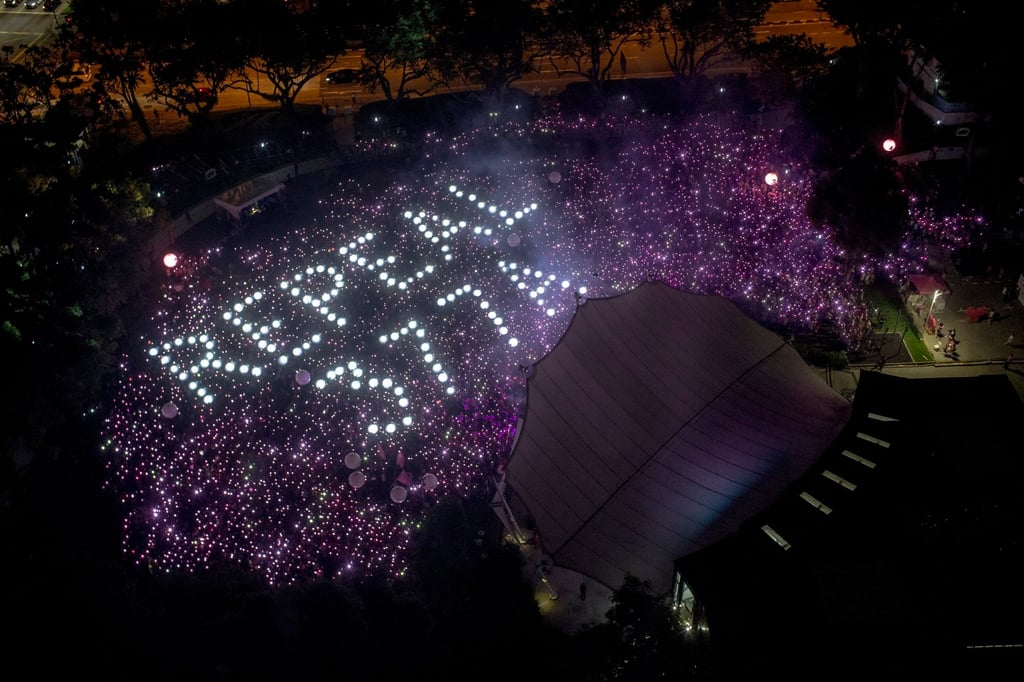Advertisement
Explainer | Singapore’s Section 377A: how attitudes towards anti-gay law have shifted over the years
- A ruling party MP’s attendance of the Pink Dot pride rally in June renewed hopes the city state’s colonial-era law would soon be scrapped
- But despite growing indications the government has become open to striking down the anti-gay legislation, marriage equality is unlikely to be next
Reading Time:4 minutes
Why you can trust SCMP
5

Dewey Simin Singapore
An archaic law in Singapore criminalising sex between men, which has long been a third rail issue dividing liberals and conservatives, has returned to the fore.
Top officials, religious groups and gay rights campaigners have in recent weeks traded views over the controversial legislation – Section 377A of the Penal Code – amid growing indications that the government could soon strike it down.
One of the signs included a visit to this year’s Pink Dot pride rally by a lawmaker from the ruling People’s Action Party (PAP) – the first time in the event’s 14-year history.
Ahead of Prime Minister Lee Hsien Loong’s annual policy address on Sunday, there is mounting speculation within the country’s political class that he will address the debate over the law and announce plans to repeal it.
Here is what you need to know about the colonial-era law and recent developments surrounding it.

What is Section 377A?
Singapore remains one of the few former British colonies clinging onto Section 377A, which came into force in 1938 after being adapted from a 19th-century Indian penal code. India did away with that law in October 2018.
Advertisement
